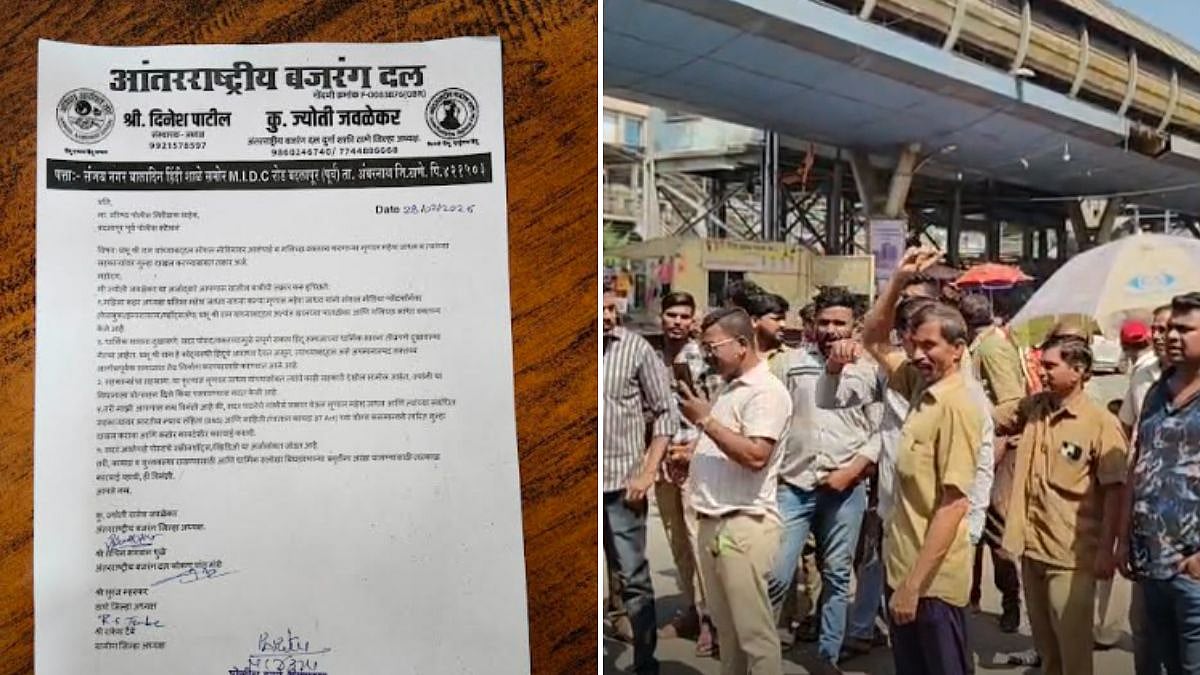New Delhi: The Centre has filed an affidavit on a Public Interest Litigation (PIL) moved in the Delhi High Court challenging the surveillance systems that share information and surveillance between law enforcement agencies.
In the PIL, the petitioner claimed that the citizens' right to privacy was endangered by surveillance systems such as the Centralised Monitoring System (CMS), Network Traffic Analysis (NETRA), and National Intelligence Grid (NATGRID).
However, in its affidavit, the central government on Wednesday stated that these systems do not give any blanket permission to the law enforcement agencies to conduct surveillance, interception, or decryption. It emphasised that permission is required in this regard from a competent authority.
It further said that the NATGRID project will not allow for real-time profiling of individuals, but would allow the agencies to get selective information about selective entities as a part of an anti-terror framework to facilitate access to information from various data sources.
The NGOs were seeking for the forming of an oversight mechanism over the upcoming surveillance systems on grounds that they could allow for extensive public surveillance and violation of privacy.
What are NATGRID, NETRA and CMS?
NATGRID, NETRA and CMS are surveillance systems. This means they collect data in order to keep an eye out for anything that could threaten national security.
NATGRID allows investigation and law enforcement agencies to access real-time information from data stored within agencies like the Income Tax Department, banks, insurance companies, the Indian Railways, and other offices. There are a total of 21 categories of data that NATGRID has access to.
Where the NATGRID has access to real-time data, CMS is centralised telephone interception provisioning system. And, it’s exactly what it sounds like. It can bypass the middleman — the telecom companies — to directly monitor text messages, social media posts and phone calls.
NETRA is the third leg of India’s security infrastructure. While the CMS is tapping into your phone’s network, NETRA is watching everything you do online — not just on social media.
It can monitor any text-based messages containing direct messages on Facebook, within your personal emails or online blogs. Using filters and keywords, it can identify words even in encrypted messages.
How do they threaten privacy?
Considering that NATGRID can access information of private individuals, it also has a bearing on their fundamental rights — like the right to privacy.
Unlike India, countries like the US and the European Union (EU) have comprehensive privacy laws. They include the conditions under which access to databases would be allowed and limitations on how such data can be used. UIDAI, like NATGRID, was formed using governmental notifications. It was established as an executive authority, and still functions without a statutory mandate.
The general public has no way of knowing if and when a person’s data has been intercepted or how data is being used.
CMS and NETRA allow for mass surveillance with the potential to target large groups of people without a valid reason.
(with inputs from IANS)





